Nominations for the EURORDIS Black Pearl Awards 2026 are open until 31st August!
Before you submit yours, we encourage you to have a look at the award categories below. These recognise the outstanding efforts of individuals, organisations, companies, researchers, scientists, media, and policy makers in bringing about change to improve the lives of the 30 million people in Europe and 300 million worldwide living with a rare disease.
A few finalists will be selected for the EURORDIS Social Media Award, for which the winners will be determined by a public vote. The awardees will then be presented with their awards at the official Ceremony in February 2026, to mark the occasion of Rare Disease Day.
Learn more about the award categories and nomination criteria by clicking on the titles below.
